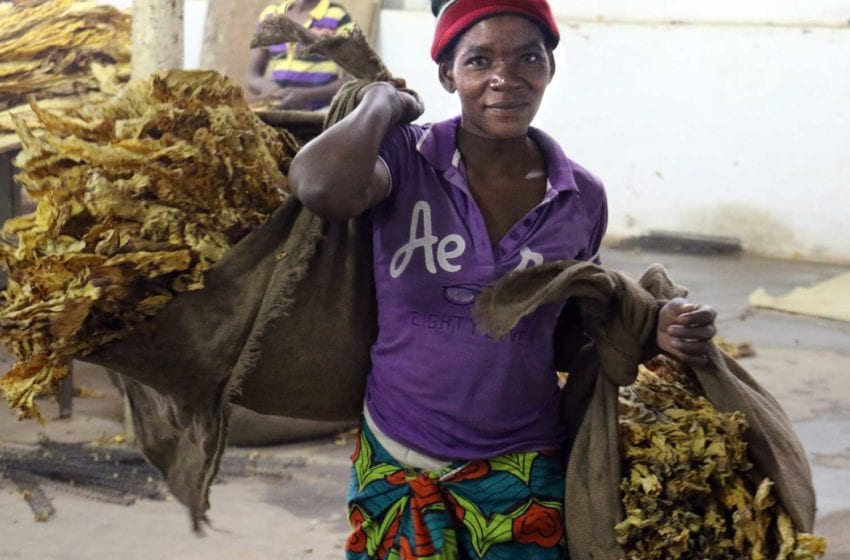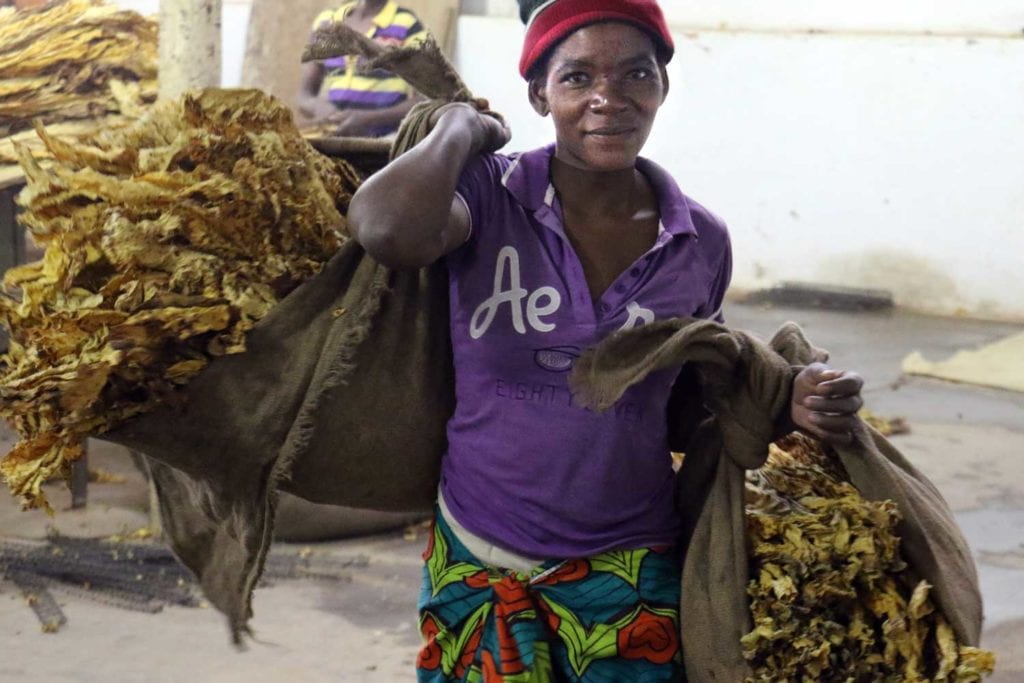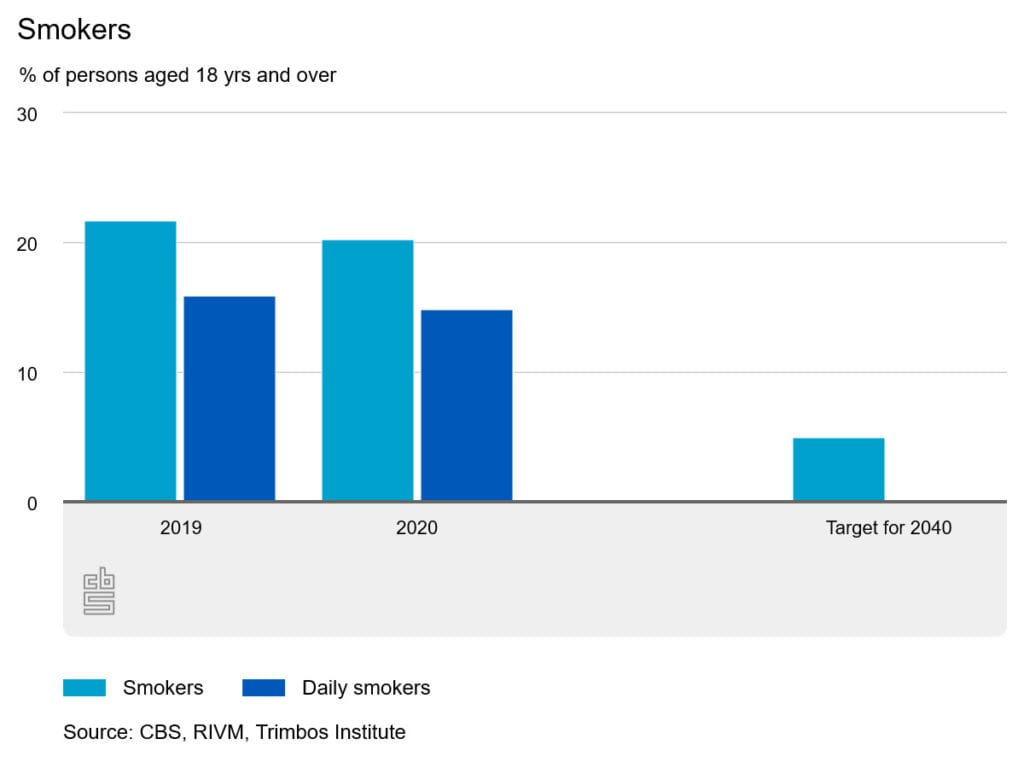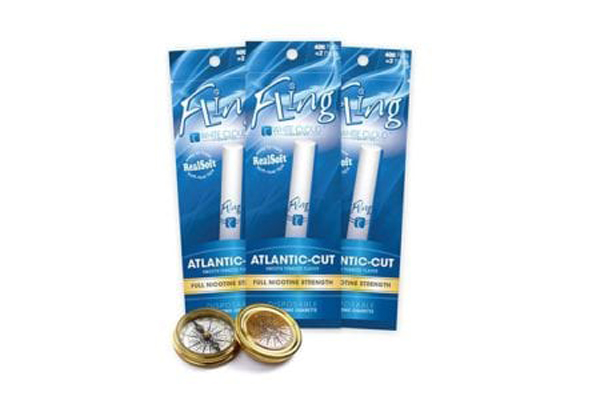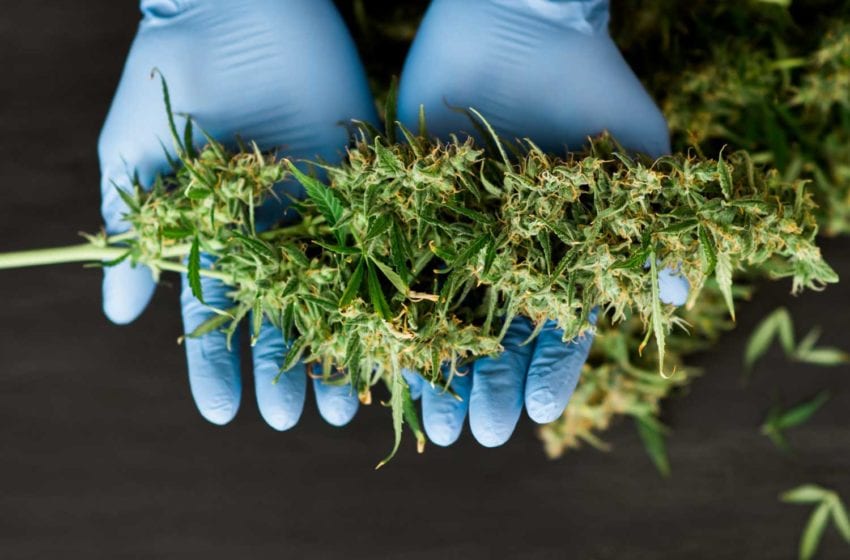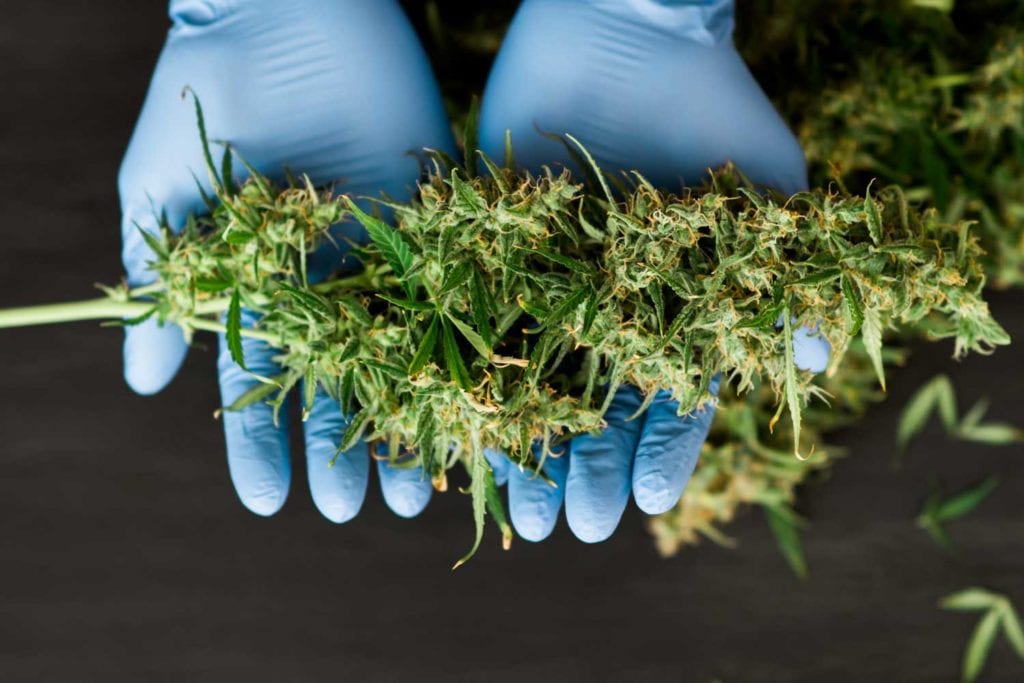
On March 12, the U.S. FDA sent warning letters to 13 firms that manufacture and sell unauthorized e-liquids. The regulatory agency advised the companies that selling products lacking a premarket authorization is illegal, and therefore, the products cannot be sold or distributed in the U.S.
According to the FDA, the firms did not submit a premarket tobacco product application (PMTA) by the Sept. 9, 2020, deadline. The recipients of the warning letters are VapinUSA, Vapor Springs, Vapor Cigs, Vegas Vapor Emporium, Vape 911, The Philosopher’s Stone, The Clean Vape, Tooters Vape Shop, Cloudchasor, Boardwalk Elixir, Dieselbycg-Hometown Vape Lounge, Blue Lab Vapors and Revolution Vapor.
“While each warning letter issued today cites specific products as examples, collectively these companies have listed a combined total of more than 75,000 products with the FDA,” the agency wrote in its statement.
Following an initial set of such warning letters announced earlier this year, the FDA has continued to issue additional warning letters for products that failed to submit a PMTA.
Per a court order, applications for premarket review for certain deemed new tobacco products on the market as of Aug. 8, 2016—including e-liquids—were required to be submitted to the FDA by Sept. 9, 2020. For companies that submitted applications by that deadline, the FDA generally intends to continue to defer enforcement for up to one year pending FDA review, unless there is a negative action taken by the FDA on the application.


